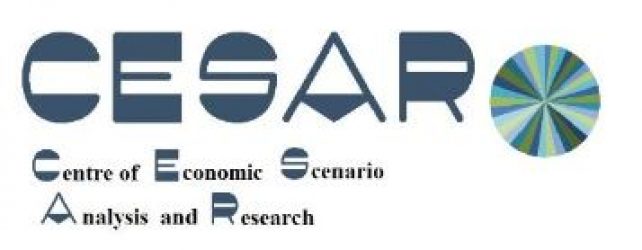
ELECTRO_COUP
Electrification of heating and mobility: Socioeconomic impacts
of non-ETS policies with sector coupling and sectoral linkages
Objectives of the project
The research project investigates the decarbonization potential and the socioeconomic impacts of non-ETS policies in the transport and heating sector. The coupling of these sectors with electricity generation and gas distribution is expected to play a vital role to realize the energy transition in Austria. We analyse whether additional renewable electricity in the Austrian system can lead to small or large decarbonization, depending on whether they are combined with non-ETS electrification plus sector coupling or not. Our integrative modelling approach covers sectoral leakage and gives evidence on possible problems in the electricity sector due to growing electrification in mobility and heating. Sectoral leakage refers to a situation where a policy such as emission trading may apply only to one sector such as electricity, which increases its price and shifts demand to other goods. This domestic leakage may in turn offset some of the regulated sector’s carbon reduction.
The core research questions of ELECTRO_COUP are:
- How can the electrification of the Austrian mobility and heating sectors and sector coupling contribute to deliver the Austrian decarbonization targets for 2030 and 2040? What are the expected consequences on common energy and socio-economic indicators (e.g. GDP by industry, employment by industry and occupation, consumer welfare)?
- How much additional electricity is needed to couple the power sector with transport and heating and how is this additional electricity supplied, given the ETS caps and prices?
- Which instruments can be recommended to support efficient storage technologies and renewable penetration in the electricity sector in supplying the additional electricity demand?
Menu:

